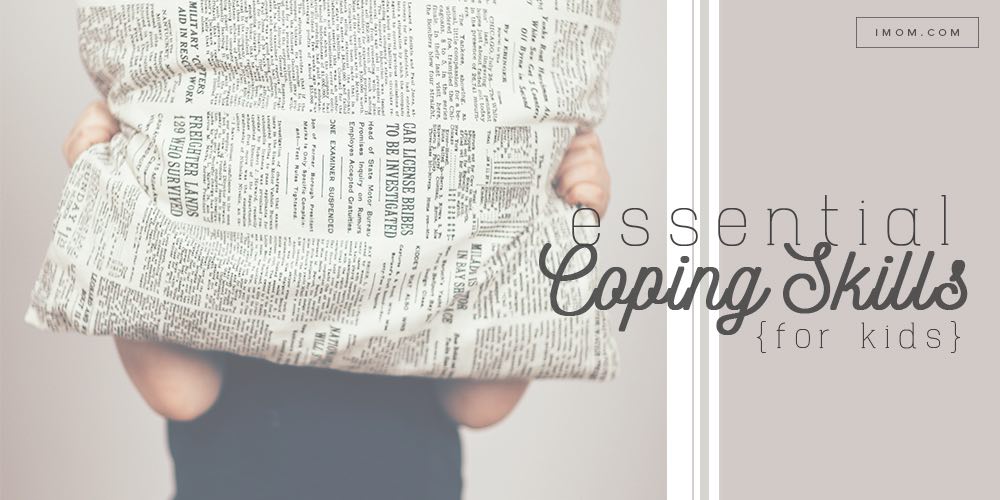Even adults will tell you that the 24-hour news cycle and the news we get through social media have become a source of stress for many. The constant coverage of traumatic events, coupled with the competitive media’s temptation to sensationalize for the sake of ratings, can wear us down emotionally. The repetitive images and talk of terrorism, natural disasters, and other scary things can make them seem larger than life and much closer than they actually are.
So if it’s hard for us, what does it do to our children? We have to be the gate-keepers for our kids when it comes to all types of media—even the news. Protecting them from information that’s too stressful for their stage of mental and emotional development is essential or else anxiety will increase in your children. Here are some things to consider for explaining the news for kids.
Children under 7.
At this age, children still have some fundamental fears about safety and being separated from you. Adding to that information about real, existing threats in the world is often too much. Young children may struggle to discern the difference between facts, fantasies, and fears; this added information can exacerbate that. Turn off the cable news channels when they’re in the room, and change the radio when the news reports come on. If there’s something you think they really need to know, or will certainly hear about at school, interpret it into terms they can understand, and reassure them that they are safe and that the grown-ups in their life are going to keep it that way.
Children 8-12.
Your decisions for children in this age range will depend greatly on the child’s maturity and ability to manage anxiety. If your child tends toward the anxious side, you’ll probably still want to limit news exposure, choosing instead to explain essential information on your own, carefully chosen terms.
Kids this age are also driven to see things in terms of the moral code they’ve been taught. They want things to be black-and-white, for all figures to be good guys or bad guys. Use these discussions to highlight the reasons we have rules that we live by, and what the bad outcomes of not following the rules can be. They may not be old enough to understand the subtleties of more complex conflicts and the gray areas involved.
Children 13 and up.
Teens will often be consumers of the news when you’re not around, so it’s a good idea to check in with them occasionally about what they’ve heard and how they feel about it. Teenagers tend to personalize things and may have passionate reactions to things they perceive as unjust. Use these opportunities to help them understand the personal responsibility we all have for our actions and the moral and ethical fundamentals that should inform our opinions and reactions. With teens, the news is rich with “teachable moments.”
Take this anxiety test to see how much bad news your child can handle. And here are some valuable coping skills.
Moms, what tips do you have in explaining the news to your kids?










